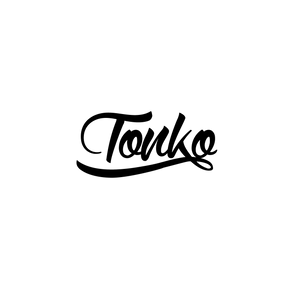Caffeine and PFAS Controversies: The Prime Energy Drink Dilemma
Recent controversies have emerged surrounding Prime energy drink, a product launched by YouTubers Logan Paul and KSI, sparking discussions on the caffeine and PFAS (per- and polyfluoroalkyl substances) content in their beverages. The debate has led to lawsuits and public scrutiny, raising concerns about the safety and marketing practices of the popular drink.
The caffeine content in Prime Energy has been a focal point of the controversy, with the drink containing 200 milligrams of caffeine in a 12-ounce can, which exceeds the caffeine levels found in other popular energy drinks like Red Bull and is significantly higher than the recommended daily caffeine intake for adolescents by the American Academy of Pediatrics [3][5]. This has prompted Senator Chuck Schumer to call for an investigation by the U.S. Food and Drug Administration (FDA) into Prime Energy's caffeine levels, citing concerns about the drink's appeal and potential health risks to children and adolescents [3].
Prime Energy's marketing practices have also come under scrutiny, with Schumer claiming that the product is heavily marketed to people under 18, despite a warning on the back of the cans stating it's not for those under 18 or sensitive to caffeine. The warning is in small type, raising questions about the effectiveness of this disclaimer [2].
In addition to the caffeine controversy, a class action lawsuit was filed against Prime Hyrdation LLC on April 8, alleging misleading and deceptive practices regarding the caffeine content in their 12-ounce energy drinks, which is claimed to contain between 215-225 milligrams of caffeine as opposed to the advertised 200 milligrams. This lawsuit also highlights the presence of PFAS chemicals in Prime Hydration drinks, with independent third-party testing determining the presence of PFAS in Prime Hydration grape flavor [0][4]. PFAS are a group of synthetic chemicals linked to various health concerns, including cancer, fertility problems, and increased cholesterol. The lawsuit seeks $5 million from the sports drink company, alleging that the products contain more caffeine than the 200 milligrams listed on the label [1].
Prime's popularity and the ongoing controversies have brought attention to the broader issue of the safety and regulation of energy drinks, particularly those marketed towards younger audiences. As the discussion continues, it remains to be seen what actions, if any, the FDA will take in response to Schumer's call for an investigation, and how Prime will address the concerns raised about the caffeine and PFAS content in their products.
References:
[1] Lawsuit Alleges Prime Hydration Sports Drink Contains PFAS - HealthNews - healthnews.com
[2] The Truth About What’s Really in Prime Energy Drinks via @ConsumerReports - www.consumerreports.org (http://www.consumerreports.org)
[3] Logan Paul’s Prime Energy Drink Under Scrutiny Over High Caffeine Content - www.nytimes.com (http://www.nytimes.com)
[4] Prime energy, sports drinks contain PFAS and excessive caffeine, class ... - pfasproject.com
[5] US FDA reviewing concerns over Logan Paul's PRIME energy drink - www.reuters.com (http://www.reuters.com)
[6] Photo by Martin Lopez: https://www.pexels.com/photo/two-test-tubes-954585/
